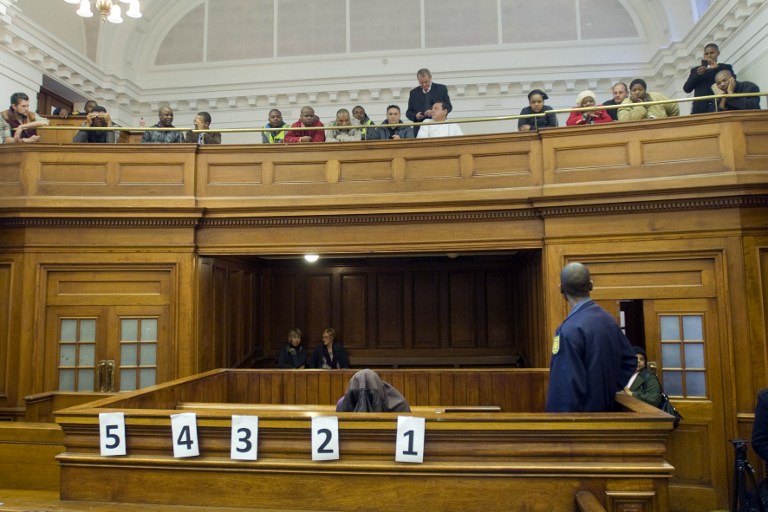The Western Cape Department of Justice (DoJ) aims to bring about greater awareness to the issue of sexual assault, by promoting the reintroduction of special courts that solely address such sexual offences. The move, in line with the 16 Days of Activism for violence against women and children, comes amidst an escalation in sexual crimes across the country.
Sexual Offences Courts were originally introduced in the country to great effect in 1993, but was slowly phased out over the next decade. However, in a bid to tackle the rising of number of sexual assault cases, the DoJ has attempted to reintroduce the courts.
According to DoJ director of legal services, Shehaam Samaai, the courts would deal with a broad range of cases as listed in the Sexual Offences Act. This could span anything from rape, to physically violating or touching a person without consent. It would also deal with child related issues including Incest, child pornography, or child prostitution. Other cases included ‘sexual grooming’, where an adult would essentially introduce a child to some form of sexual act.
“When we speak about a sexual act, it involves anything from touching, rubbing, showing children or mentally handicapped persons some form of pornographic material, or exposing them to any form of sexual exploitation,” she explained.
There are currently 33 Sexual Offences Courts situated across the country, all of which have been reintroduced under the guidance of a specific ‘blueprint’. According to Samaai, this blueprint was solely to take into account the needs of children, and adults who were victims of such sexual offences.
In the case of child victims, the courts will have special procedures to ensure their safety and wellbeing whilst providing evidence or testimony during a court case. This means that questioning of the child will take place in a separate room from where the court case is taking place, so that they are not subjected to any mental stress as a result of seeing the accused.
“One of the requirements for the child not to be in the court where the accused is, is that they have an intermediary who will put the evidence to the child, and also speak to the child in that particular room,” she explained.
Apart from protecting them from hostile cross-examination, the intermediary will also help the child to understand any questions posed to them. Samaai noted that whilst the court would be able to view what happened in the room, the child would not be able to see or hear anything taking place in the court room.
In the Western Cape, Sexual Offences Courts are currently only situated in Parow and Wynberg. However, within the new financial year courts are expected to be rolled out in Atlantis and Thembalethu. Further courts are also expected for Paarl and the City CBD as well. VOC (Mubeen Banderker)






 WhatsApp us
WhatsApp us 

